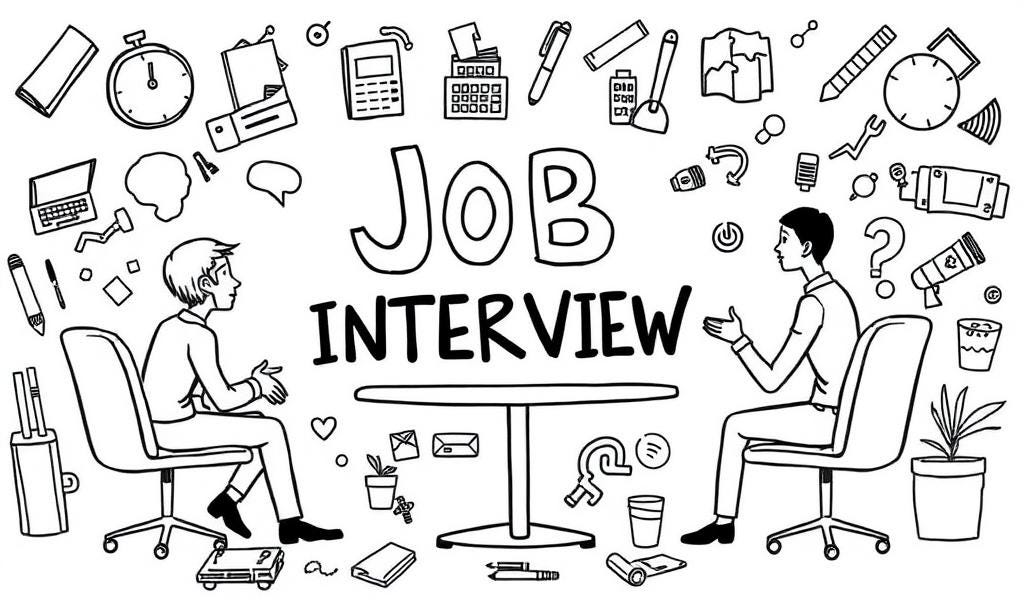How to Interview Engineering Candidates in 2025
The new playbook for hiring in the age of AI coding assistants
In 2025, the rules for hiring software engineers have been rewritten. With AI coding assistants capable of generating production-ready code in minutes, the traditional interview toolkit – take-home assignments, whiteboard algorithms, remote coding quizzes – is increasingly irrelevant. If your hiring process still tests raw coding skills in isolation, you’re already behind. The real differentiators now are the human skills: collaboration, communication, and the ability to guide both teams and AI tools toward solving real problems.
Take-Home Assignments Are Dead
Take-home projects once filtered good candidates from bad. Now, anyone can feed a prompt to Cursor, Codex or Claude Code and get a solid solution in minutes. Some managers admit their main goal is now to verify “the code you wrote is your code.” Tools like Cluely even allow candidates to cheat live during video interviews by providing hidden AI suggestions in real-time. This makes remote algorithm challenges and homework tasks poor indicators of actual skill.
AI Writes Code; Humans Solve Problems
As coding itself becomes commoditized, what matters is the thinking around the code: breaking down complex problems, translating vague requirements into actionable solutions, and communicating with teammates and stakeholders. As one CTO put it, “We used to hire people who could code; now we hire people who can think, then use AI to code their thoughts.”
This shift also elevates so-called “soft” skills, which are now mission-critical. Can a candidate talk to users, understand customer pain points, and collaborate across functions? These are the abilities that separate strong engineers from AI-assisted coders. A developer who can wield AI tools effectively – checking, refining, and steering their output – is infinitely more valuable than someone who can only write code from scratch.
The Only Real Test: Work With Them
If quizzes and take-homes can be gamed, how can you tell who’s the real deal? The answer is simple: collaborate in real-time. Invite candidates into the office for a half-day or full-day pairing session. Work with them on a real (or close-to-real) task and observe how they approach problems, communicate their thinking, and adapt to changing requirements.
Pair programming interviews are nothing new, but in the age of AI, they’re becoming the gold standard. You’ll learn more from a few hours of side-by-side collaboration than from a week of back-and-forth assignments. Pivotal Labs famously used this model years ago, pairing candidates with engineers to gauge teamwork and problem-solving. In 2025, this isn’t just a “nice-to-have” – it’s essential.
Embrace AI During Interviews
Banning AI in an interview is unrealistic. If candidates will use AI on the job, why not let them use it during the interview? The point isn’t to see if they can recall syntax, but to see how well they can guide AI tools, debug their suggestions, and use them to speed up meaningful work. Observing a candidate interact with AI reveals their thought process and judgment – qualities no take-home test can measure.
Many forward-thinking companies now encourage candidates to use AI coding tools during live coding sessions. This mirrors real workflows and highlights the skills that matter: clear prompting, critical evaluation of AI output, and creative problem-solving.
References Matter More Than Ever
In a world where candidates can “fake” a lot of coding skill with AI, references are becoming the ultimate truth serum. Don’t just collect reference names as a formality. Call former teammates and managers. Ask tough questions: Would they hire this person again? How did they handle ambiguous or high-pressure situations? A few honest conversations with past colleagues will tell you more than any algorithm puzzle.
How Top Companies Are Adapting
Top tech companies like Stripe and Airbnb are already shifting toward real-world, collaborative assessments. Their interview processes emphasize system design, communication, and high-level problem-solving over whiteboard tricks. OpenAI reportedly encourages candidates to use coding assistants during interviews – reflecting the reality of how modern engineers work. These companies recognize that hiring for the ability to think, adapt, and lead is more valuable than hiring for raw coding speed.
The New Hiring Playbook
To interview engineering candidates in 2025, ditch the outdated rituals. Focus on:
Collaboration over coding tests: See how they work with your team in realistic scenarios.
AI fluency: Let them use AI tools and observe how they leverage them.
Human skills: Evaluate communication, adaptability, and problem-solving under real-world constraints.
Reference checks: Validate their track record with former managers and colleagues.
The Bottom Line
Engineering interviews are no longer about who can manually solve a binary tree problem fastest. AI can do that for anyone. What matters now is who can think critically, collaborate effectively, and use AI as a powerful amplifier. If you’re still hiring like it’s 2015, you’ll miss out on the best talent – the ones who see coding as just one piece of a much larger puzzle. In 2025, the strongest engineering teams will be built by leaders who recognize that interviews must simulate the real job: working with humans (and AI) to build something great together.


